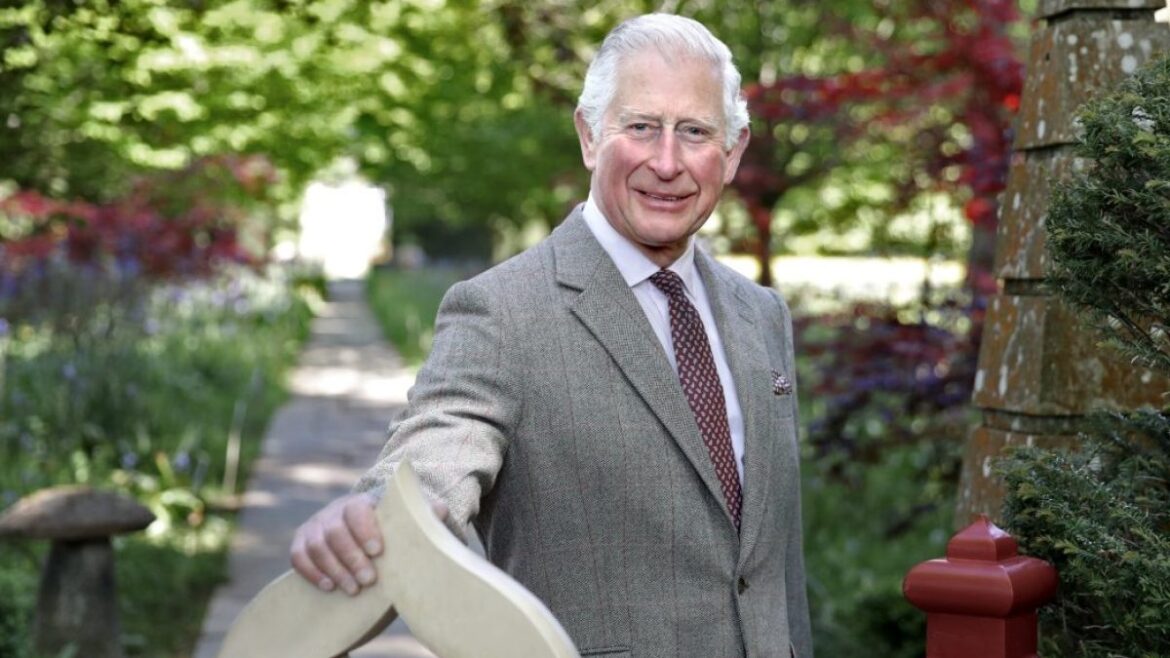If your job was, let’s say, reigning monarch of the United Kingdom, you’d think there were very many more important things to worry about than the spread of ragwort in your garden. But I have found nothing so endearing about King Charles than the discovery that his attention to detail runs to concern about a single plant found at his country estate.
Ragwort, a weed with distinctive yellow flowers, may be attractive to look at, but it is poisonous to some animals, and it spreads at such an alarming rate that its control is covered by an Act of Parliament. So if King Charles, who employs a dozen gardeners at Highgrove, his private residence in Gloucestershire, wants a solitary ragwort plant removed from the garden, he surely has a right to ask for it to be done.
Yet this request is used as evidence that Charles is an unreasonable taskmaster; his demands are so specific, idiosyncratic, and prescriptive that there has been difficulty in retaining garden staff. An investigation by the Sunday Times painted a picture of staff shortages, poor labour relations and general disquiet among employees as a result of the King’s unrelenting pursuit of high standards at Highgrove, whose garden, as we know, has been his lifetime’s passion.
I think this says more about the modern workplace than it does about one man’s obsessive interest. King Charles, I can imagine, is not an easy man to work for: he has clear ideas on how he wants things done, and it wouldn’t be a stretch to imagine that he has some old-fashioned ideas about working practices.
According to sources for the Sunday Times investigation, he was volubly frustrated by the failure to save his beloved azalea, the lack of attention paid to his acers, and the over-zealous cutting back of his delphiniums. But it’s hardly a surprise that a man who has his toothpaste squeezed for him and would be presented with a selection of boiled eggs in various states of viscosity would want things done exactly to his specifications.
He hasn’t really experienced any other way, and, besides which, he is the King. The clue is in his title. In my experience of working for a wide variety of powerful, successful, and rich people, they only have one thing in common: a ferocious attention to detail that brooks no compromise, and which is complemented by a deep knowledge of the task at hand.
It’s probably fair to say that no one knows more than Charles about the gardens at Highgrove. He’s spent more than 40 years transforming them into a paragon of sustainability, home to rare plants and trees, and a model of organic practices. Beautifully designed, too. Whatever Charles has said to his plants, it seems to have worked. The house and gardens attract 30,000 visitors a year, and Highgrove’s commercial activities make a profit.
So I think he has earned the right to be a demanding employer. I like that his attention to detail extends to the use of grammar and spelling in memos sent to him. “NO,” he writes if a plant is not spelled correctly. And the picture of him on a walkabout in the garden, hands clasped behind his back, issuing instructions “to be written up and acted on before his next return”, has a real ring of authenticity.
This environment, of course, is not for everyone, and, in a post-Covid world where the pastoral care of employees has become a touchstone issue, there are distinct limits as to how a business can operate as an autocracy. But should it astonish anyone seeking a job at Highgrove that the King of the United Kingdom of Great Britain and Northern Ireland is, in fact, something of an autocrat?
I would think that, if your chosen trade is gardening, going to work every day in one of the world’s great gardens, rather than in a call centre, is a boon to your quality of life. So what if you’ve got to listen to your boss banging on about a rogue bit of ragwort?
The world, even the natural world, is full of imperfections, but that shouldn’t stop us seeking perfection where we can, and applauding those, like King Charles, who undertake that quest on our behalf.

